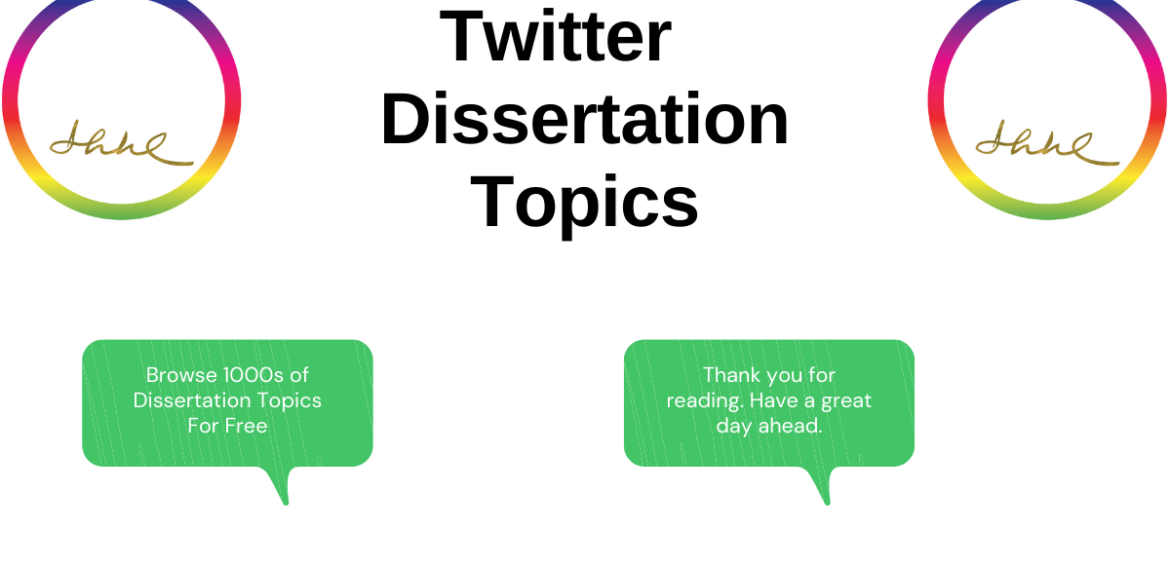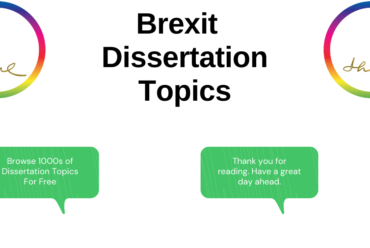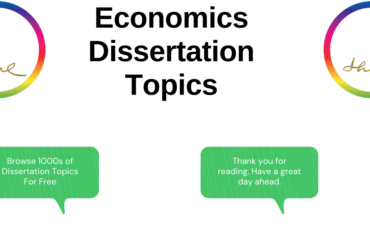Twitter Dissertation Topics
Twitter is the world’s most popular social networking site; it has over 310 million daily users. Tweets are 140-character summaries of a person’s impressions that are shared with other Twitter users. These communications can make use of a variety of media, including links, videos, and images. If you do your dissertation on Twitter, you’ll have immediate access to a wealth of information. Even though tweets are limited to 140 characters, experts can still find fresh material by looking through publicly available ones. Due to Twitter’s popularity as a study topic, students will have access to secondary empirical studies on a range of contexts.
How can UK telecom businesses utilise Twitter to recruit and keep business customers in the B2B market sector?
According to this study, the most effective ways for telecom firms in the UK to apply in a B2B context will be discovered. Customer attrition is a major problem in this industry, making this knowledge invaluable.
The use of Twitter for tourism promotion: a comparison of results from the UK and the US
In the hospitality business, destination marketing is widely established. According to the research proposal, the United Kingdom and the United States should have their official tourist boards compare the quality of material and the success of their respective programmes.
Digital Crowdfunding Projects on Twitter: Social Media Marketing Techniques
The purpose of this research is to find out how digital industry crowdfunded projects use Twitter. To generate actionable crowdfunded project ideas, compare this to standard social media techniques.
How Twitter Affects How People View Businesses
To find out if firms in the UK can utilise Twitter to impact public views, this study’s major goal is to use Twitter. This review is limited to companies who have been entangled in high-profile crises in 2015 or 2016.
Are Buying Intentions Predicted by Brand Sentiment Analysis on Twitter? The UK’s Apparel and Textile Industry
Customers at major UK apparel retailers were surveyed to learn how they felt about the brands they bought from and how that affected their purchasing patterns.
Twitter Marketing Strategies: The Impact of How Often You Use the Service
If Twitter users’ impressions of normal social media marketing methods differ more frequently from those of the general public, then this dissertation should study why. Finance in the United Kingdom should be a priority.
Analyzing the application of corporate social responsibility in the UK manufacturing industry via Twitter
The primary objective of the proposed study is to see if end-user perceptions of a company’s commitment to social responsibility are influenced by communications via Twitter (CSR). Only manufacturing companies are examined in the dissertation.
Does using Twitter to publicise an event make business sense? Festivals of Music in the UK: A Legal Problem
The research will look at how effective Twitter is in event marketing compared to other promotional methods. There’s a lot of attention in the UK on music festivals.
@realDonaldTrump, how about restoring Twitter’s glory days?
This dissertation will examine Donald Trump’s meteoric rise on Twitter, going from 2 million to nearly 19 million followers in the span of four years. Trump’s famous tweet to “make America great again” has had any unintended consequences? To find out how Trump utilises Twitter as a propaganda weapon and how that affects Twitter’s marketing power, the dissertation will look into how Trump uses Twitter.
How Beneficial Are Celebrity Twitter Endorsements for a Company’s Image? Sport Athletes in the UK: A Legal Issue
The goal of the proposed dissertation is to find out if celebrity promotional tweets have an impact on brand perceptions or not. The content and frequency of these messages can be analysed. It will be studied whether or not using endorsements from well-known Twitter users may be an effective marketing tactic.
Researchers in the United Kingdom are looking into the effects of Twitter on non-profits and their donors.
This article focuses on non-profit organisations in the United Kingdom. Researchers hope to find out if using Twitter has helped these businesses recruit donors and improve public perceptions of them.







